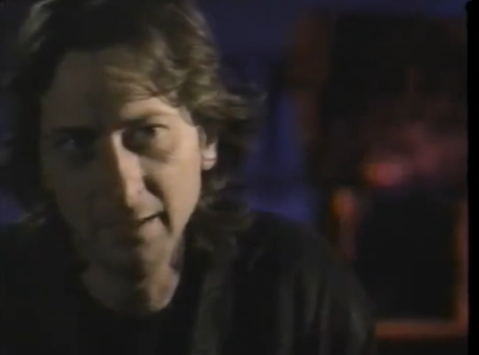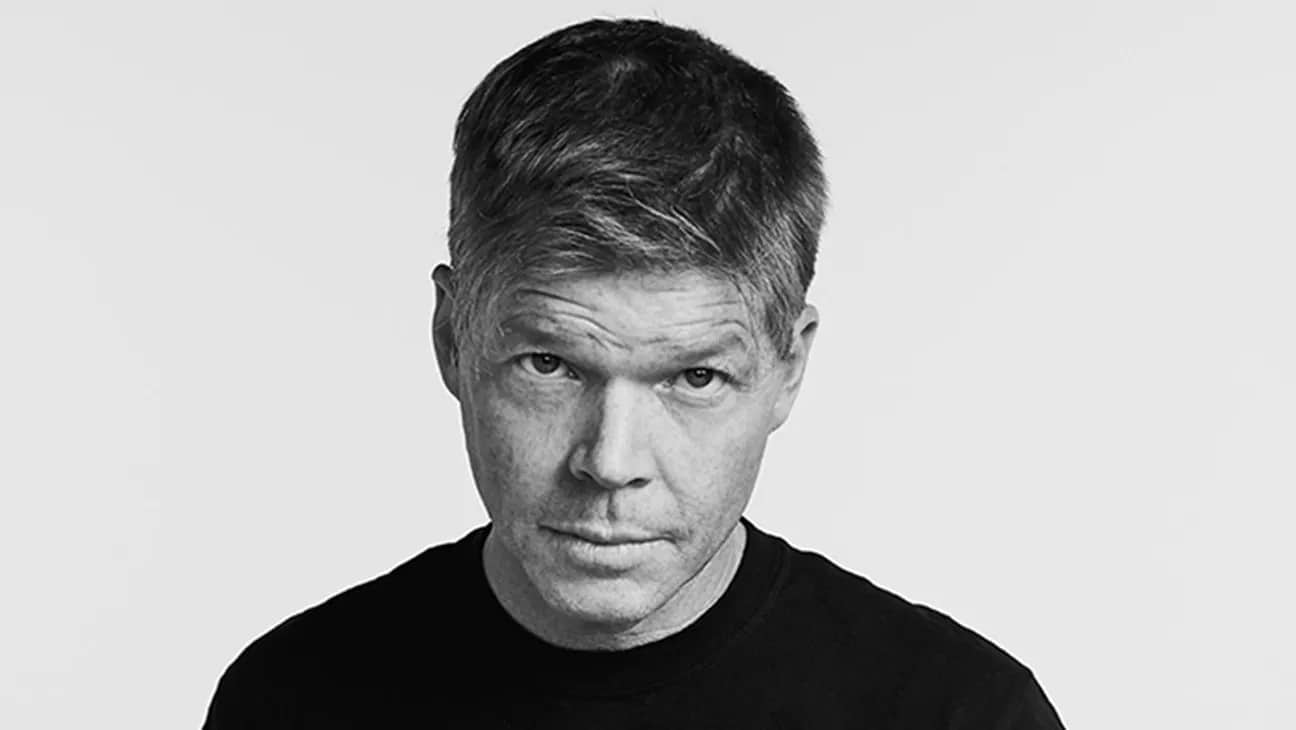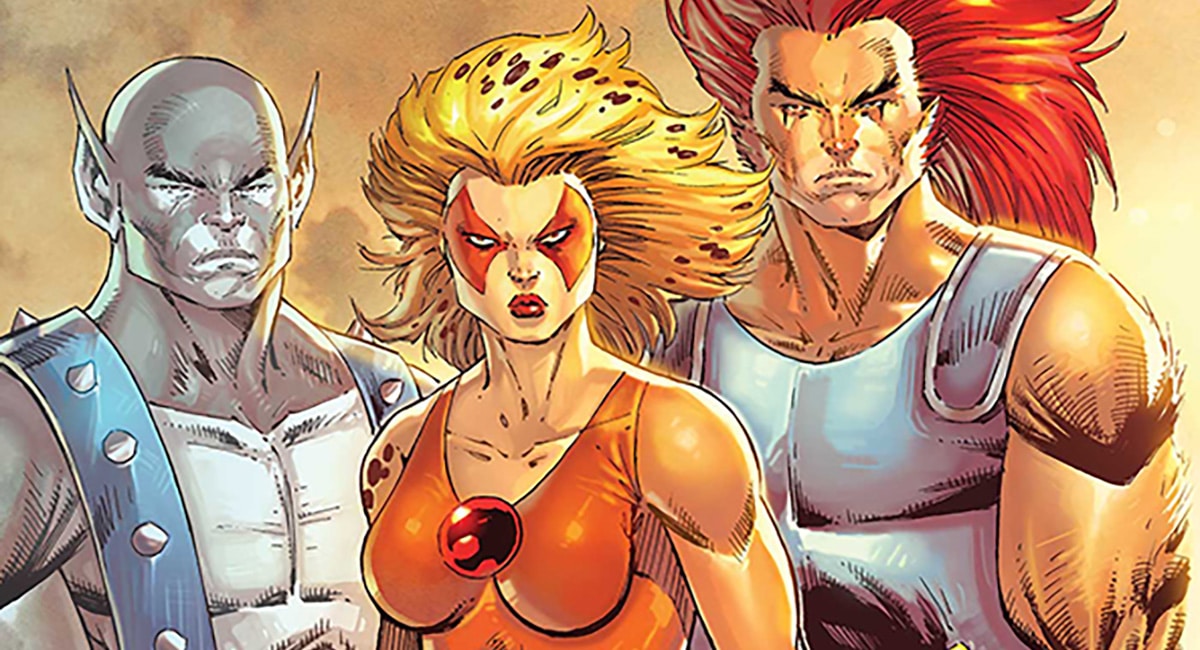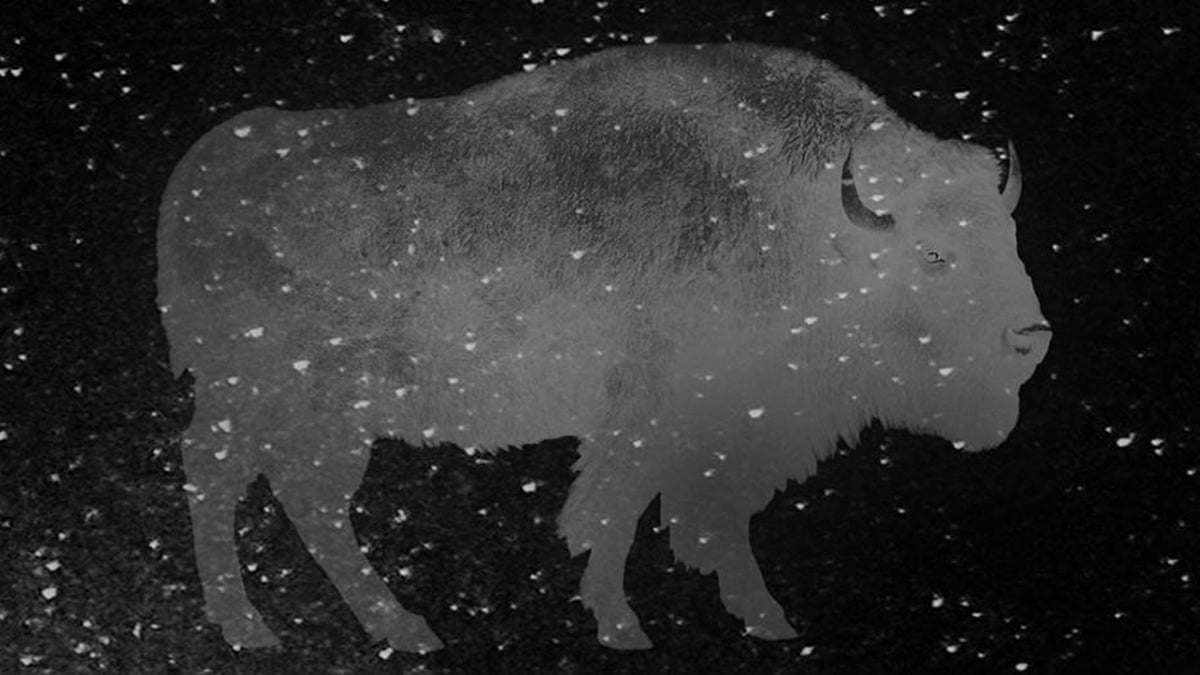What was the world of comics like in 1994? This edition of the KCET nightly news show LIFE AND TIMES will give you the answer: Much like today, except there was a lot more hair and a lot less respect.
I’ve had this tape of my appearance on a show covering “the strange new world of comic books” kicking around for a while, but when my pal Sam Pocker was getting some VHS tapes transferred to digital, I was able to send this along. I think you’ll find the result pretty funny. Basically, the half hour show features myself, artist Jim Shaw and young reader Michael Lucid trying to convince host Hugh Hewitt that comics are a medium, not a genre, and weren’t too violent for children. Other footage includes Frank Miller talking about his work, Rob Liefeld explaining why Youngblood was okay, and Richard Horie explaining how the Wildstorm coloring studio works.
Hewitt, the long time host of LIFE AND TIMES, which ran nightly for 15 years, is still around as a well known conservative pundit, and on the show he took the role of the hard nosed journalist wondering what all this fuss is about, and using such words as “scaring” and “invading” to describe the then-new phenomenon of comics for adults. At the end of the shows he asks viewers what they think, and “have comic books changed in ways that shock you?”
If anything, this shows how 17 years ago, comics weren’t the media darling they are now — in fact, they were still battling with the idea that comics were a kids’ medium. I would have to say Hewitt was definitely in the rearguard on this matter, but his attitude wasn’t entirely uncommon. However, in 1994 Image Comics reigned supreme, and that wasn’t maybe the strongest ammunition. However, that entire world of comics would be gone within five years, and Dan Clowes, Art Spiegelman, and Marjane Satrapi would be around to lead comics into the promised land of literary respect.
The way I remember it, the late Bill Liebowitz, then owner of the Golden Apple comics shop in LA, had set up the show and recruited Shaw, Lucid and myself as the guests — I think his idea was that we were all telegenic and presented a positive image for comics. After the taping, Bill felt a little ambushed by Hewitt’s aggressive line of questioning — we’d all been expecting the usual pat-a-cake questions and it was way more combative than that. I’m not really faulting Hewitt — controversy makes for better TV.
However, this does give you some idea of how “the new Wertham” remained a clear and present threat to people who were around then. This was the time between the PMRC which sought to label records in the ’80s and the V-Chip which tried to rein in TV in the ’90s. Despite what anyone tells you, there was a lot more overt censorship in this period — songs like Ice-T’s “Cop Killer” to “Me So Horny” by the 2 Live Crew created actual uproars. It’s a far cry from today, when you can walk into any Forever 21 and hear L’il Kim pondering “How Many Licks.”
That remains just one matter to clear up: The Beat‘s hair. Despite what you may think, I was not a hesher. It was just an era of big, big hair. And we liked it.









Great look, great speech, Heidi. Really.
Oh, the 90s. Hundreds of comics creators earning six figures for work-for-hire AND creator-owned work… but very little respect.
Makes me want to find the Hard Copy episode I have on beta somewhere, decrying Faust and other adult comics in full neo-Wertham frenzy.
Hard Copy… now that makes Fox News look like news.
Oh, and your hair looked fabulous, BTW.
Dito Frank “Farrah Fawcett” Miller
I think you look adorable there, Heidi. AND you sound smart, as always. Win-win.
I want the soundtrack!
I was in my senior year of high school whent this was filmed – and Heidi your hair was positively tame compared to my classmates at the time. There are some real cringe worthy photos in that yearbook. In contrast you sport a relatively timeless look. ;)
Your hair doesn’t look especially big, Heidi … just long. I can see why Gerard Jones described you as a “cute young thing” in those days.